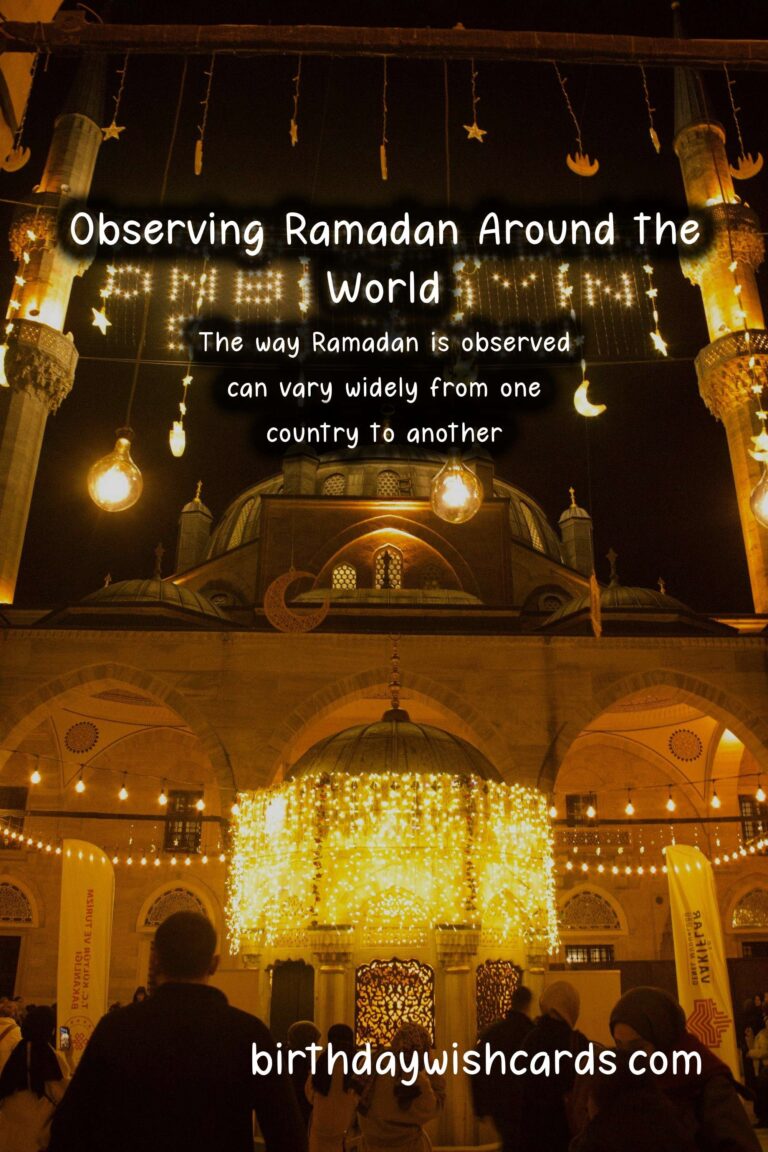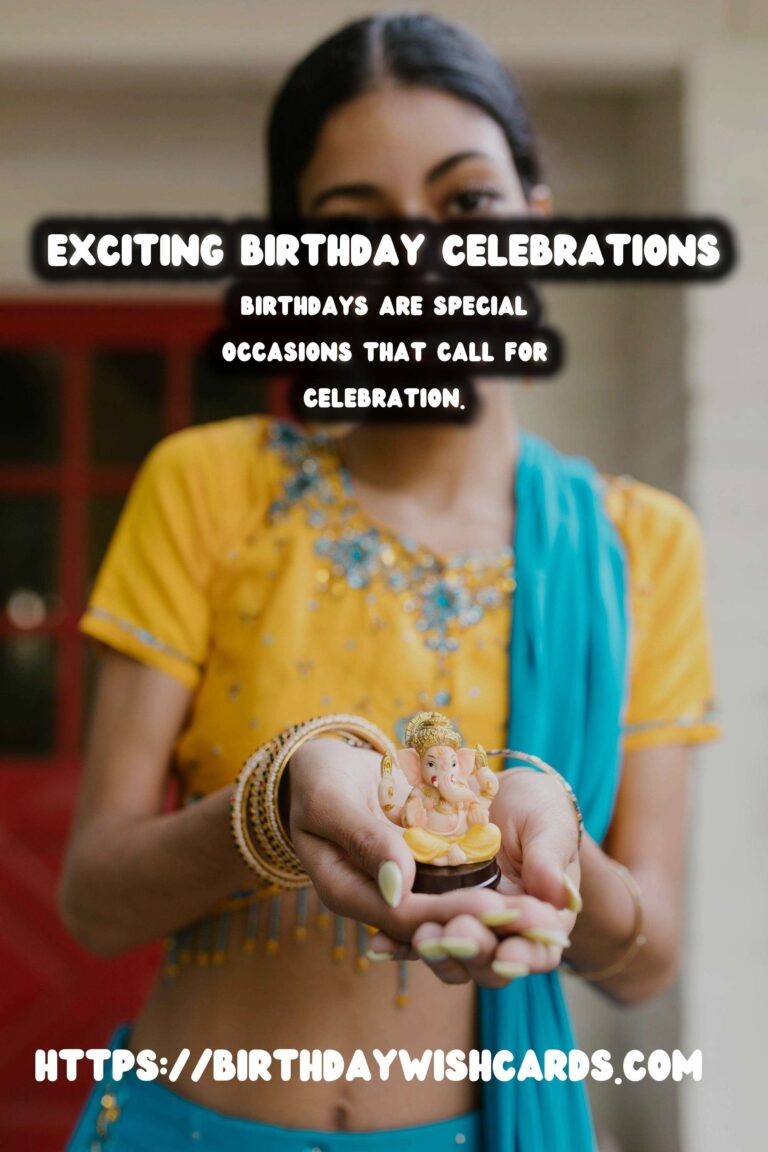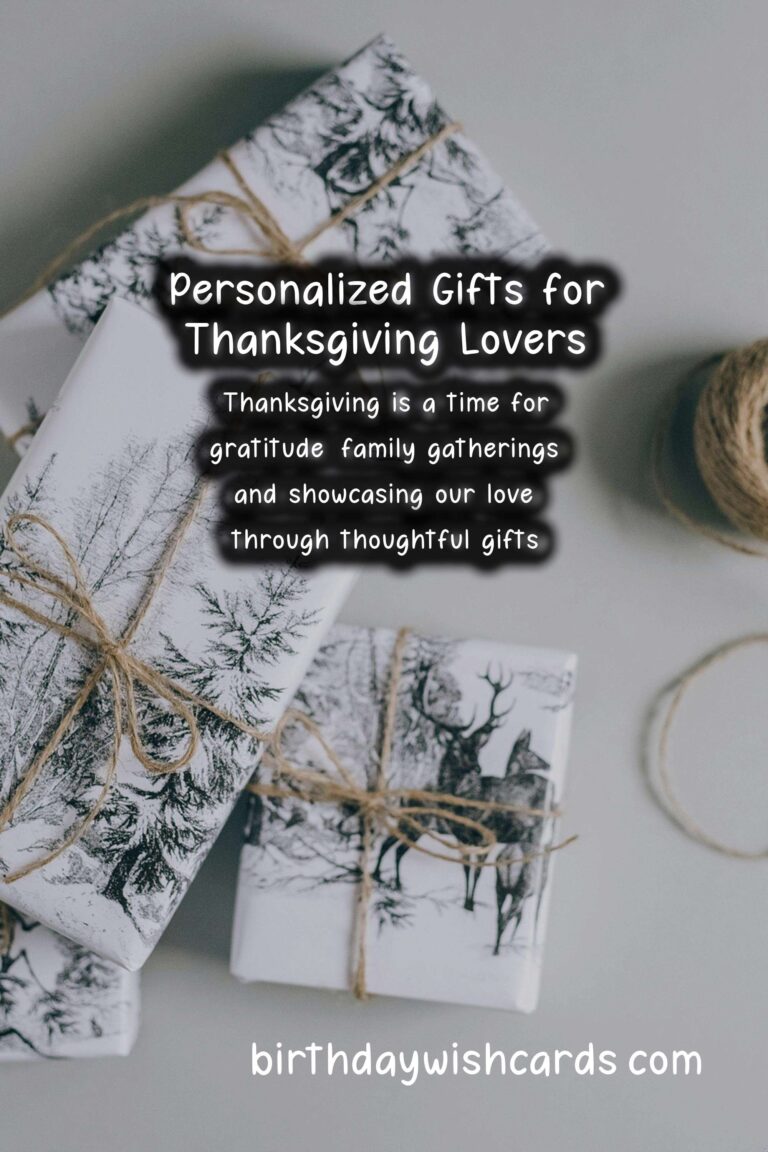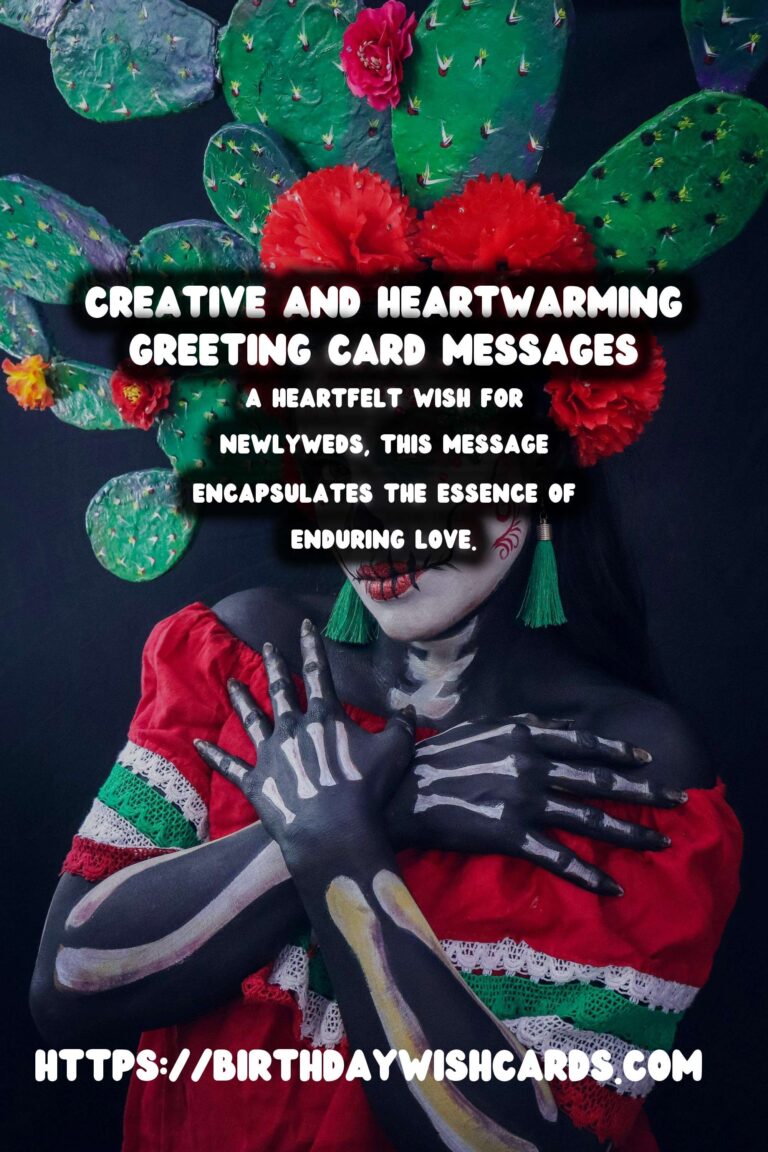Why Engagement is Special: Traditions and Customs
Why Engagement is Special: Traditions and Customs
Engagement symbolizes the promise of a future together and is often celebrated with unique traditions and customs all around the world. This article delves deep into the significance of engagement, exploring various practices and customs that make engagement ceremonies special.
The Essence of Engagement
Engagement is more than just a formality; it is a public declaration of love and commitment. The moment of engagement marks a significant step in a couple’s relationship as they transition from dating to a committed partnership.
Across cultures, engagements are celebrated in various ways, embedding rich traditions that vary from one region to another. Understanding these customs provides insight into the cultural fabric of relationships and the value placed on unions.
Global Engagement Traditions
Let’s explore some of the unique engagement traditions practiced in different parts of the world.
1. The Ring Exchange
One of the most recognized engagement traditions is the exchange of rings. In many Western cultures, a diamond ring is given to symbolize eternal love and commitment. This practice has historical roots and has evolved over time into a significant aspect of modern engagements.
2. The Chinese Engagement Ceremony
In China, engagements often include a ceremony called the “Betrothal.” The groom’s family presents gifts to the bride’s family as a gesture of goodwill. This ritual emphasizes the union of families rather than just the couple.
3. Indian Engagement Traditions
In India, engagements are celebrated with a ceremony known as “Roka.” This event signifies the joining of two families and usually involves the exchange of gifts and sweets, marking the couple’s commitment to each other.
4. The Scottish “Handfasting” Ceremony
In Scotland, a unique engagement tradition called “Handfasting” involves the couple holding hands tied together with a cord. This symbolizes their union and commitment to one another before they officially marry.
Modern Engagement Practices
While traditional customs are deeply respected, modern engagements often incorporate contemporary practices that reflect the couple’s personalities and interests.
1. Proposal Celebrations
Today, many couples opt for creative proposals that reflect their unique love story. From elaborate setups to intimate home-cooked dinners, the way a proposal is crafted has become a significant part of engagement culture.
2. Pre-Engagement Photoshoots
A growing trend is the practice of professional pre-engagement photoshoots, allowing couples to capture their love story visually before officially tying the knot. These sessions often become cherished keepsakes.
3. Social Media Announcements
In the digital age, many couples choose to announce their engagement on social media, sharing their joy with friends and family. This trend adds a modern touch to an age-old tradition, making it accessible to a wider audience.
Customs and Rituals Across Cultures
Every culture has its own unique customs and rituals surrounding engagement, which often revolve around community, family, and love.
1. The Armenian Engagement
In Armenian culture, when a couple becomes engaged, a ceremony called a “Khosk-Kap” takes place. This event includes blessings from family members, making it a day filled with joyous celebrations.
2. The Nigerian Traditional Engagement
For many Nigerian ethnic groups, the traditional engagement involves both families formally meeting to discuss the terms of the marriage. This event is vibrant, filled with music, dance, and cultural attire.
3. Jewish Engagement Customs
In Jewish culture, engagement is referred to as “shidduch.” The couple becomes betrothed through an agreement often solidified by the giving of an engagement ring, symbolizing their commitment to marry.
Significance of Engagement in Relationships
Engagement serves several important purposes beyond the celebration. It marks a pivotal transition in a couple’s relationship and lays the groundwork for their future together.
1. Strengthening Emotional Bonds
The commitment displayed during engagement strengthens emotional and psychological bonds, creating a foundation of trust and love between partners.
2. Involving Families
Engagement traditions often involve family members, deepening relationships not just between the couple but across families. This signifies the coming together of two families and cultures.
3. Establishing Shared Goals
During engagement, couples often discuss their future, including shared goals and dreams, improving communication and understanding—key components of a successful marriage.
Planning the Perfect Engagement
For those considering engagement, planning is crucial for creating a meaningful event. Here are some tips:
1. Personal Touches
Incorporate personal elements that reflect your relationship into the engagement plan, whether it’s choosing a location that has significance or integrating beloved traditions.
2. Family Involvement
Engaging families in the planning process can enhance the experience and build connections between both sides, fostering unity and understanding.
3. Document the Moments
Consider hiring a photographer or videographer to capture the engagement day, creating lasting memories to cherish for years to come.
Conclusion
Engagement is a significant milestone with rich traditions and customs that vary across cultures. Not only does it symbolize the love and commitment between partners, but it also brings families together, emphasizing the importance of community and shared values. Whether through vibrant ceremonies or intimate proposals, the essence of engagement remains special, making it a pivotal part of the journey toward marriage.
Engagement symbolizes the promise of a future together.
The moment of engagement marks a significant step in a couple’s relationship.










#Engagement #Traditions #Customs #Love #Commitment #CulturalHeritage






